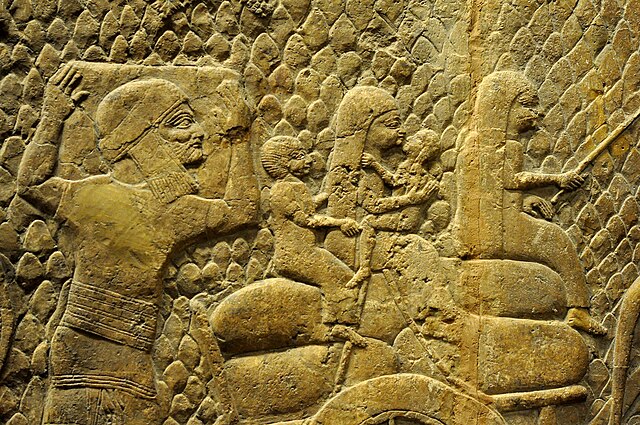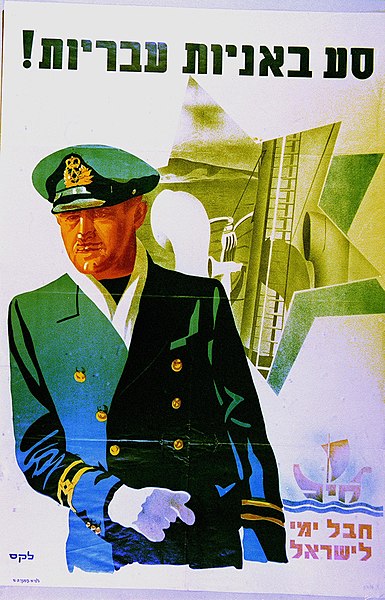Moses was a Hebrew teacher and leader considered the most important prophet in Judaism and one of the most important prophets in Christianity, Islam, the Baháʼí Faith, and other Abrahamic religions. According to both the Bible and the Quran, Moses was the leader of the Israelites and lawgiver to whom the prophetic authorship of the Torah is attributed.
Moses with the Tablets of the Law (1624), by Guido Reni
Moses striking the rock, 1630 by Pieter de Grebber
The Finding of Moses, painting by Sir Lawrence Alma-Tadema, 1904
Moses before the Pharaoh, a 6th-century miniature from the Syriac Bible of Paris
The Hebrews were an ancient Semitic-speaking people. Historians mostly consider the Hebrews as synonymous with the Israelites, with the term "Hebrew" denoting an Israelite from the nomadic era that preceded the establishment of the united Kingdom of Israel. However, in some instances, the designation "Hebrews" may also be used historically in a wider sense, referring to the Phoenicians or other ancient civilizations, such as the Shasu on the eve of the Late Bronze Age collapse. It appears 34 times within 32 verses of the Hebrew Bible. Some scholars regard "Hebrews" as an ethnonym, while others do not, and others still hold that the multiple modern connotations of ethnicity may not all map well onto the sociology of ancient Near-Eastern groups.
Judaean prisoners being deported into exile to other parts of the Assyrian Empire. Wall relief from the Southwest Palace at Nineveh, Mesopotamia, dated to 700–692 BCE (the Neo-Assyrian period). Currently on display at the British Museum.
A depiction of the Ancient Hebrews in Dura-Europos synagogue
Moses leads the Israelites across the Red Sea while pursued by Pharaoh. Fresco from the Dura-Europos synagogue in Syria, 244–256 CE
1940s poster: Sail on Hebrew ships!








